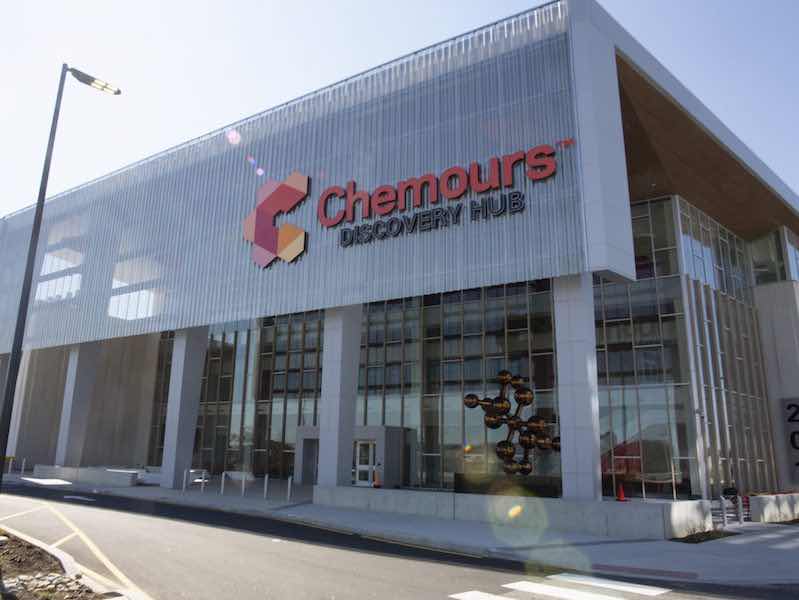PFAS manufacturers Chemours, DuPont de Nemours, and Corteva say they have reached an agreement to resolve all PFAS-related drinking water claims with U.S. water systems.
The class includes water systems with a current detection of PFAS — includes PFOA and HFPO-DA among a broad range of fluorinated organic substances — at any level and those that are currently required to monitor for the presence of PFAS under EPA monitoring rules or other applicable laws.
They say this includes systems in the South Carolina aqueous film-forming foam multi-district litigation (“AFFF MDL”).
“The companies will collectively establish and contribute a total of $1.185 billion to a settlement fund,” the companies say in a news release. “Contribution rates will be consistent with the binding Memorandum of Understanding between the companies reached in January 2021, with Chemours contributing 50 percent (about $592 million), and DuPont (about $400 million) and Corteva (about $193 million) collectively contributing the remaining 50 percent.”
The settlement amounts will be funded by the companies in full and deposited into the water district settlement fund within 10 business days following preliminary approval of the settlement by the Court.
“Upon finalization of a definitive agreement, expected within the second quarter of 2023, the settlement will be subject to approval by the United States District Court for the District of South Carolina,” the news release stated. “As part of the approval process, the Court will establish a timetable for notice to class members, hearings on approval, and for class members to opt out of the settlement. The companies will have the right to terminate the settlement if opt-outs exceed specified levels.
The companies say the following systems are excluded from the settlement class: water systems owned and operated by a State or the United States government; small systems that have not detected the presence of PFAS and are not currently required to monitor for it under federal or state requirements; and water systems in the lower Cape Fear River Basin of North Carolina, which are included only if they so request.
“If a settlement cannot be finalized and approved and plaintiffs elect to pursue their claims in court, the companies will continue to assert their strong legal defenses in pending litigation,” the release says. “The companies deny the allegations in the underlying litigation and reserve all legal and factual defenses against such claims if they were litigated to conclusion.”



































